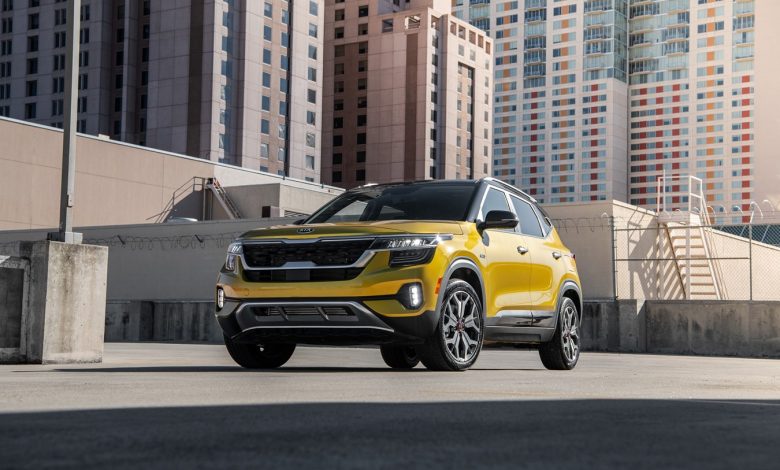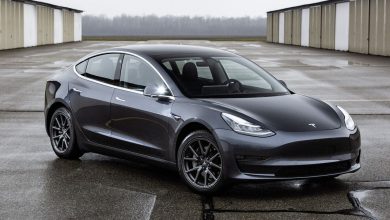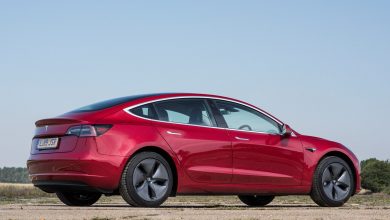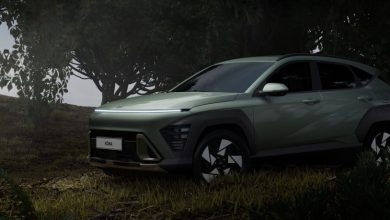Kia Seltos iMT to be introduced to lure automatic car buyers on a budget.
The 2021 Kia Seltos will come in new variants including the iMT, will provide the ease of automatic while retaining the fun of manual.

Kia entered the Indian market just over a year back. And even though it has just three vehicles available in the market (Seltos, Sonet & Carnival), it’s enjoying a sales figure rivalled by only a few carmakers. The key contributor to this performance is the South Korean brand’s first vehicle in India, the Seltos.
The mid-size SUV has always been the highest seller in India, and the company keeps revising its variants from time to time to keep Kia’s wheel rolling in the country. The Kia Seltos line up is due for its 2021 revision and this time around though, a few dealers are claiming that Kia plans to offer customers an additional gearbox option – its “clutchless manual” iMT unit.

Last July, Kia’s parent company and sister brand Hyundai introduced the first iMT (Intelligent Manual Transmission) vehicle in India with the Venue. The iMT tech gave Venue an added boost in terms of sales. And why would it not be? iMT is a clutchless manual transmission. It’s like the best of both worlds because let’s admit it, with increasing traffic on Indian roads every day, clutch pedals could be the most annoying things you can encounter after a long tiring hectic day. But, the premium for an automatic is a turn down for many car buyers because it then runs out of their budget.

The iMT gives the driver independence from the clutch pedal without compromising his/her control over the gear control (Fun of manual with the ease of automatic, who would say no to that?). In terms of pricing also, the iMT would make much more sense to the average Indian car buyer, as it’s way cheaper than an AMT (almost around a lakh) while costing only around 20-30k more than the Manual variants.
What exactly is an iMT?
An iMT is like a regular manual gearbox but there’s no hassle of constantly working on the clutch pedal. While in AMT, the sensors and the actuators operate the clutch and choose the right gear for you on its own, the gear controls in iMT is always in the driver’s grip. One can upshift or downshift in iMT as per their condition and preference, while in Automatic, software governs when and how the shifts happen which might not be accurate all the time.

Benefits of iMT?
Well apart from the ease, control and vehicle pricing, the iMT will offer you lesser maintenance & service costs as the mechanics is almost like the manual and less sophisticated than an automatic. The fuel effeciany will be also on par with the MT version and will be definetly higher than AMT and automatic.
2021 Kia Powertrain Options
Kia is expected to offer the 6-speed iMT unit with just the 1.5-litre, four-cylinder naturally aspirated engine that makes 115hp and 144Nm of torque. This means this petrol unit will be available with three gearbox options – a 6-speed manual, a CVT auto and the iMT.

With the includsion of the iMT option, the Seltos will be available with a total of seven powertrain options. Kia offers a 115hp, 1.5-litre diesel engine with 6-speed manual and torque convertor automatic options, along with a 140hp, 1.4-litre turbo-petrol unit, which is paired to either a 6-speed manual or a 7-speed dual-clutch auto.
The current Seltos models are enjoying great sales figures in India, and the introduction of iMT will help it increase its span over to a more larger section of car buyers.




